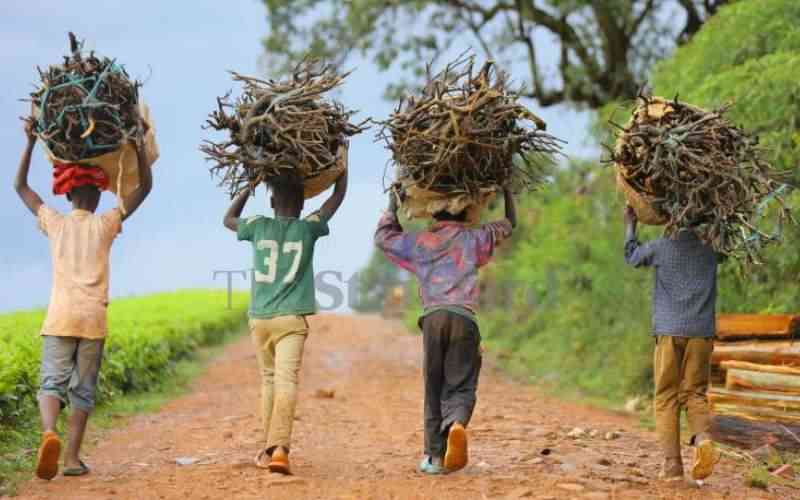×
The Standard e-Paper
Home To Bold Columnists

In Kenya, the figure is more than 600,000, according to statistics by United Nations Children’s Fund (Unicef).
Due to the unprecedented Covid pandemic, the number is likely to be far worse. These stark figures are not by chance.